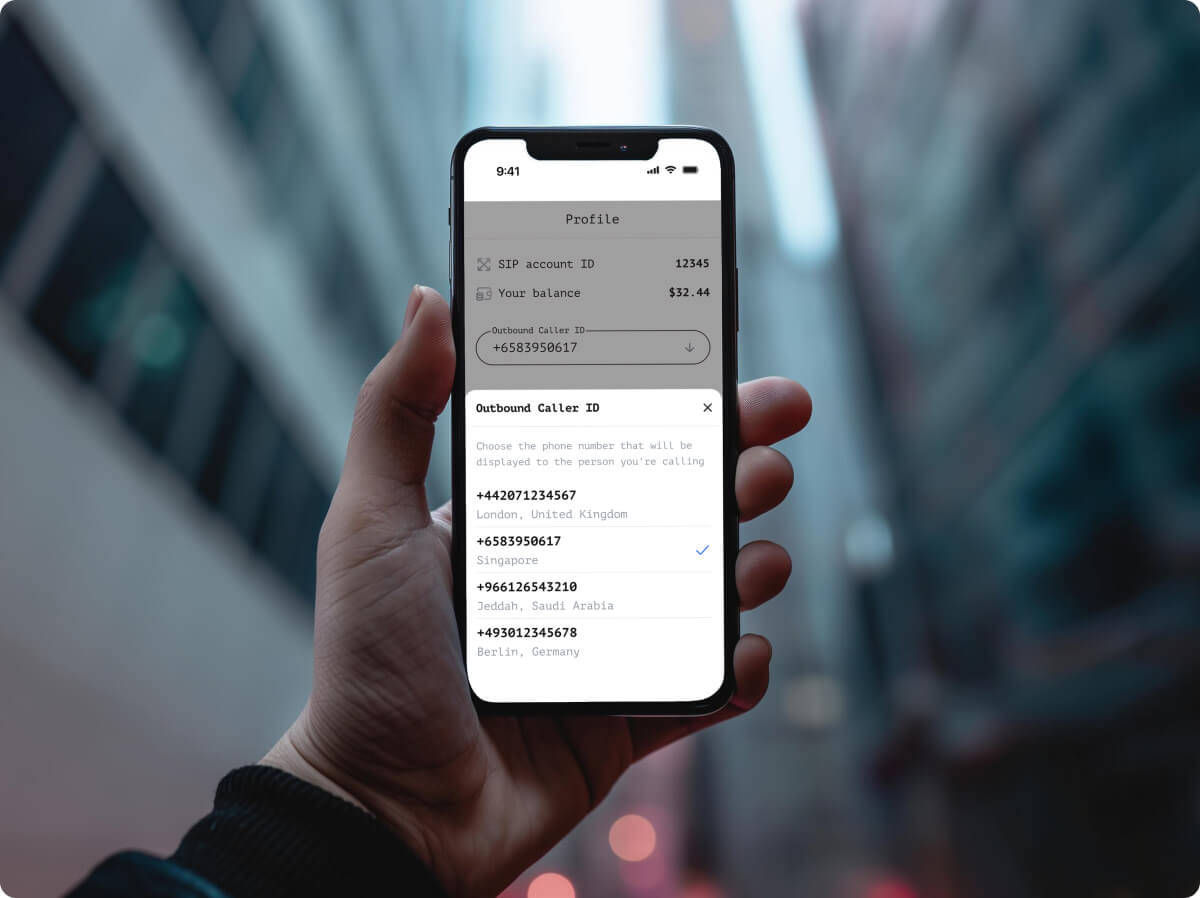
Explore How SIP Trunks Can Revolutionize Professional Services Communication
| Feature | Legacy Phone Lines | SIP Trunking with DIDlogic |
|---|---|---|
| Monthly Cost | High monthly line fees | Usage-based, scalable billing |
| Scalability | Manual setup per office | Instantly add/remove channels |
| Security | Limited or none | End-to-end encryption |
| Integration | Minimal | Works with CRM, ERP, UC tools |
| Global Calling | Expensive international rates | Local DIDs in 150+ countries |
| Reliability | Prone to outages | Geo-redundant, carrier-grade uptime |
Sign up with DIDlogic to explore SIP trunking and pricing instantly or talk to our sales team for a tailored setup.
How DIDlogic Powers Professional Service Communication

Features That Matter Most for Professional Firms
Implementation: Switching Your Firm to SIP Trunking
Secure firewall setup to handle SIP traffic.
Optional integration with CRM or document management software.
Configure SIP trunks, call routing, and recording options.
Test call performance and failover routing.
Integrate with CRM, billing, or client management tools.
DIDlogic provides ongoing support for partners and IT teams.
FAQs
How secure is SIP trunking for firms handling sensitive client data?
DIDlogic provides full encryption and fraud detection, meeting GDPR, PCI, and SOX standards for client confidentiality that professional firms require. Voice data travels encrypted, protecting privileged conversations from interception. Call records include audit trails for compliance reviews. For firms discussing financial details, legal strategies, or personal matters, this security layer is non-negotiable. You’re getting the protection that clients expect when they trust you with sensitive information.
Can SIP trunks support international clients and partners?
Yes, DIDlogic offers global DIDs and low-cost international routing for seamless cross-border communication with clients worldwide. Your London office gets local UK numbers, while your New York headquarters maintains US numbers, all managed through one system. International calls travel over your network instead of traditional carriers charging premium per-minute rates. For firms with overseas clients or foreign partnerships, the savings and convenience are substantial compared to legacy phone systems.
What happens if the internet goes down?
Automatic failover routes calls to backup lines or mobile numbers within seconds to maintain business continuity when connectivity fails. Most firms redirect to partners’ cell phones or secondary office locations during outages. Clients calling about urgent matters still reach you rather than hitting dead air or endless ringing. The transition happens fast enough that callers typically don’t notice. Obviously you want reliable internet, but failover protects you when problems occur unexpectedly.
How does SIP trunking integrate with CRM or case management software?
SIP integrates easily with systems like Salesforce, Clio, or QuickBooks to sync call data and improve client tracking automatically. When clients call, their file pops up on your screen with recent activity, outstanding invoices, and case notes visible immediately. Call recordings attach to client records for reference later. This saves time searching through databases while someone’s on hold. For billing purposes, the system can track billable time spent on calls without manual timekeeping entries.
Do smaller boutique firms benefit as much as larger ones?
Absolutely. Smaller firms save on line costs and enjoy enterprise-level quality and security without heavy IT investment or dedicated staff. A three-partner practice gets the same call quality and failover protection as a 50-attorney firm, just scaled appropriately. You’re escaping expensive legacy phone contracts that never made sense for your actual call volume. The professional image matters too, auto-attendants and call routing make small firms sound more established than they are.
Is SIP trunking cheaper than hosted VoIP systems?
Yes, SIP trunking reduces ongoing costs while allowing firms to maintain control over their PBX or hybrid setup instead of monthly per-user fees. You’re paying for channels rather than individual seats, which works better for firms where not everyone needs phone access simultaneously. Hosted VoIP can get expensive as headcount grows. SIP trunking lets you keep existing equipment investments while upgrading the connectivity underneath. The control matters for firms with specific compliance or recording requirements.









